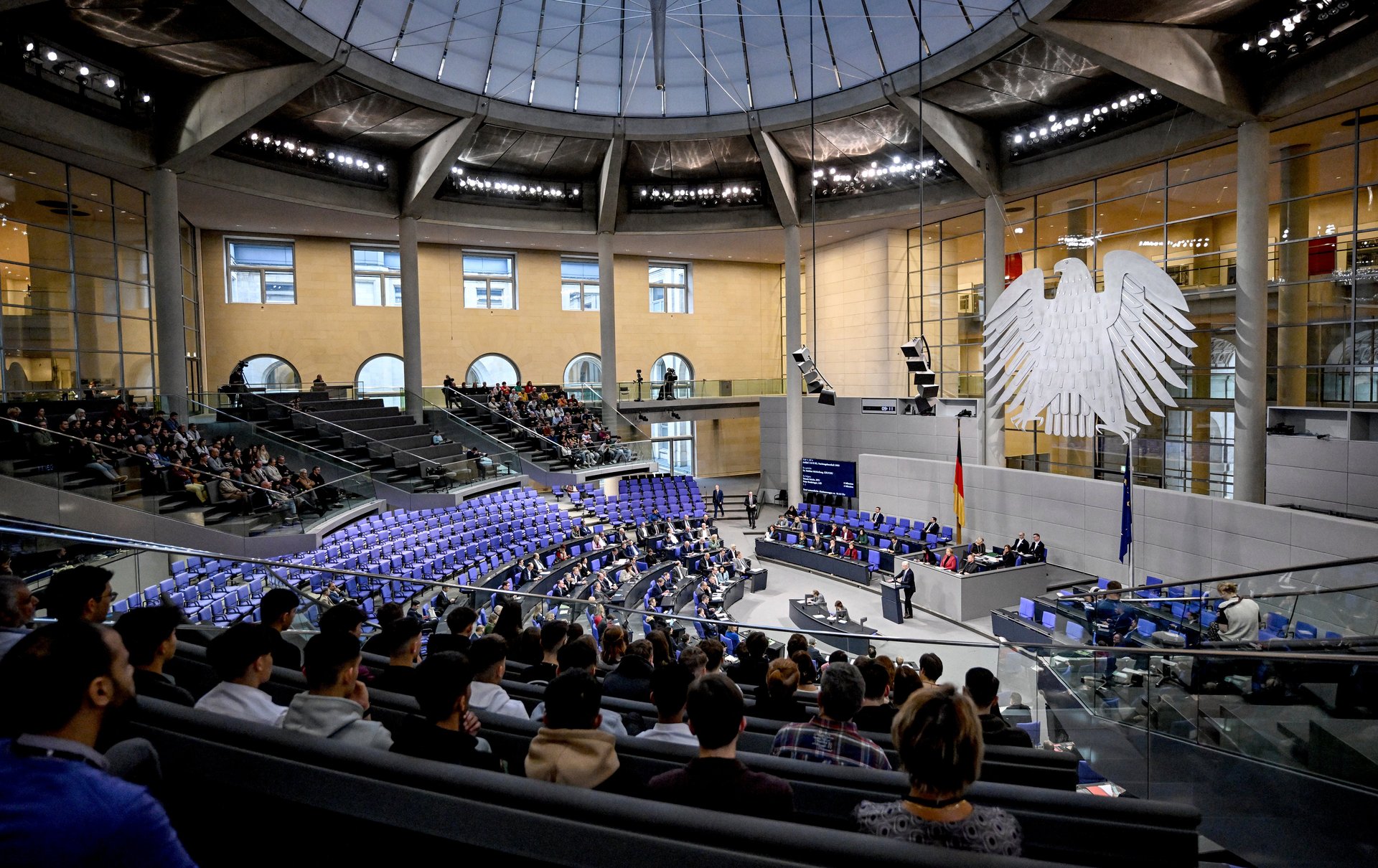Germany's parliament approves a plan for a bigger hike in carbon price after a budget deal
Germany's parliament has approved plans to raise the country’s levy on carbon dioxide emissions from fuel by more than previously planned next month

BERLIN (AP) — Germany's parliament on Friday approved plans to raise the country's levy on carbon dioxide emissions from fuel by more than previously planned next month, a move that is part of a deal to resolve a budget crisis.
Suggested Reading
The CO2 price will rise to 45 euros (about $49) per ton of emissions from the current 30 euros under the plan approved by lawmakers. The government had previously planned a smaller increase to 40 euros. That is expected to impact prices for gasoline, diesel, natural gas and heating oil.
Related Content
The change is part of a package of measures that leaders of Chancellor Olaf Scholz's three-party coalition agreed upon on Wednesday to plug a budget hole created by a recent court ruling.
Last month, Germany’s highest court annulled the two-year-old government's decision to repurpose 60 billion euros originally meant to cushion the fallout from the COVID-19 pandemic for measures to help combat climate change and modernize the country.
That maneuver fell foul of Germany’s strict self-imposed limits on running up debt. The immediate result of the ruling was a 17 billion-euro hole in next year’s budget.
The increase in carbon pricing is meant to bolster funding for the “climate and transformation fund” that was directly impacted by the court ruling.
Officials say other measures to plug the budget gap will include reducing climate-damaging subsidies, slightly reducing the spending of some ministries, and using privatization revenue to finance modernization of Germany's railways.